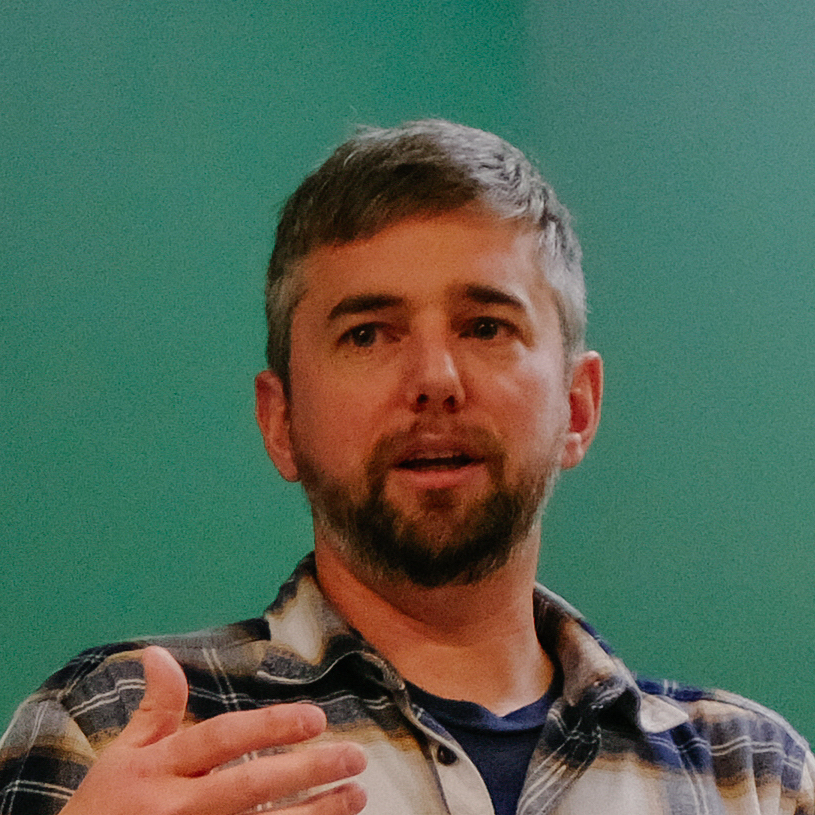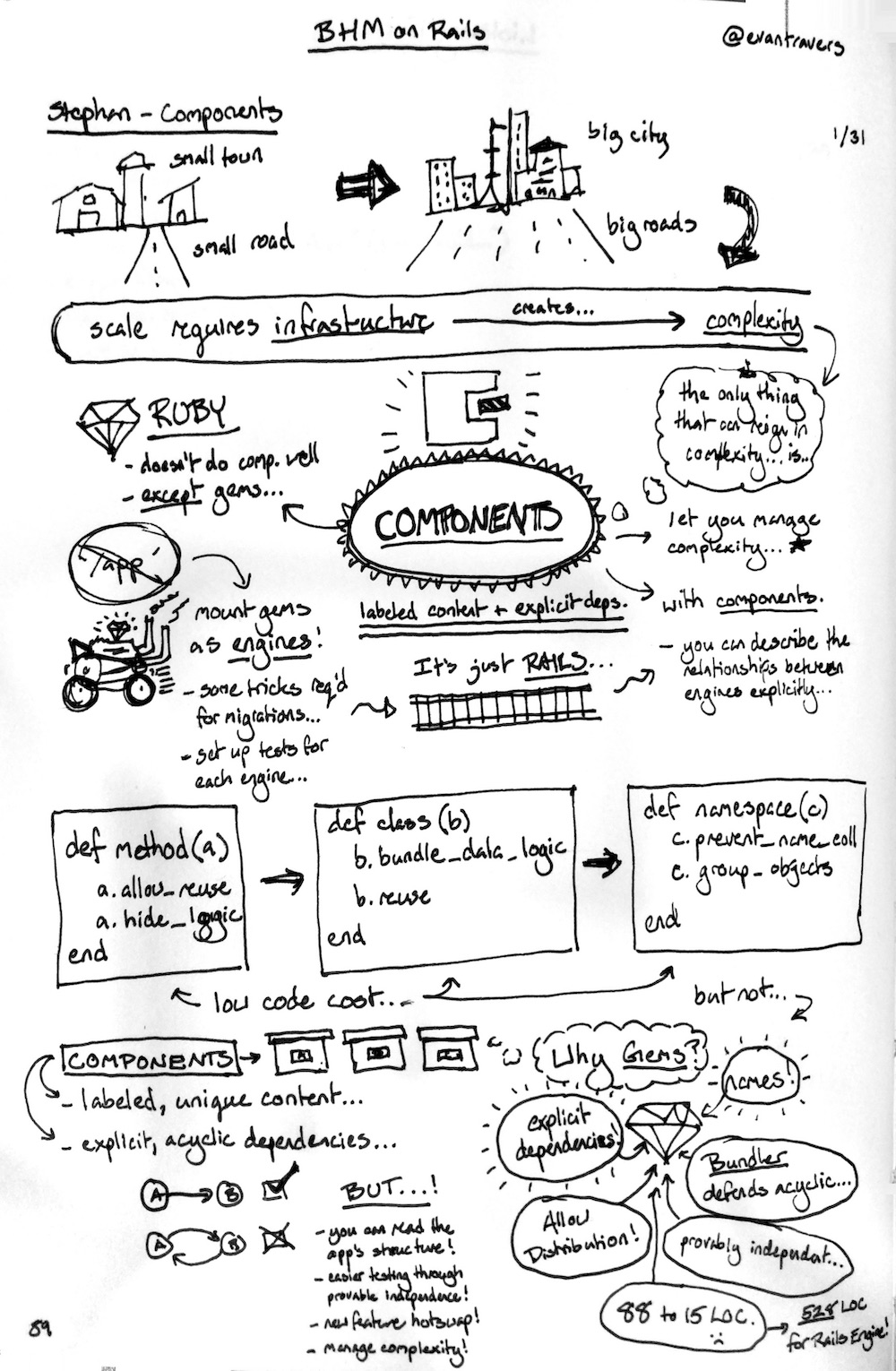All our thinking stands on the shoulders of giants[^1].
All our thinking stands on the shoulders of giants1.
One of the first resources I read from the ship30for30 folks was a twitter thread by Dickie Bush. In it, he explains how he learned to write. That is, after college failed him. He learned to write by studying David Ogilvy, Gary Halbert, Eugene Schwartz, Craig Clemens, James Clear, and Tim Ferriss2.
Dickie is standing on the shoulders of giants too.
Digital writing should demand digital linking
I discussed yesterday how the Zettelkasten method and atomic essays are very similar3.
The biggest difference between the two methods is in my assessment the biggest weakness of ship30for30 and a disservice to online writing and the resources we create with it. Nowhere in the course material has using sources and linking to sources come up in a meaningful way. Referencing your inspiration, like Dickie does in the above example, is good. Explicitly linking to sources is better.
The irony is of course, that this is a course on digital writing.
Teach your students (teach me) about digital linking
The ship30for30 course is about writing for the Internet, more specifically the web.
The web is such a powerful, humanity-changing entity because it links between any number of disparate ideas. The web is the ultimate hypermedia where ideas can (and should) be linked. In that sense my Zettelkasten detour is completely unnecessary because the web is in a way humanity's massive and very flawed and imperfect Zettelkasten.
Linking is powerful because it starts to give credit where credit is due. That's not only the right thing to do. Linking makes our writing better because it empowers readers to go on their own journeys.
These are webmentions via the IndieWeb and webmention.io. Mention this post from your site:

